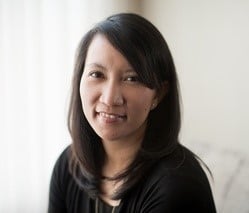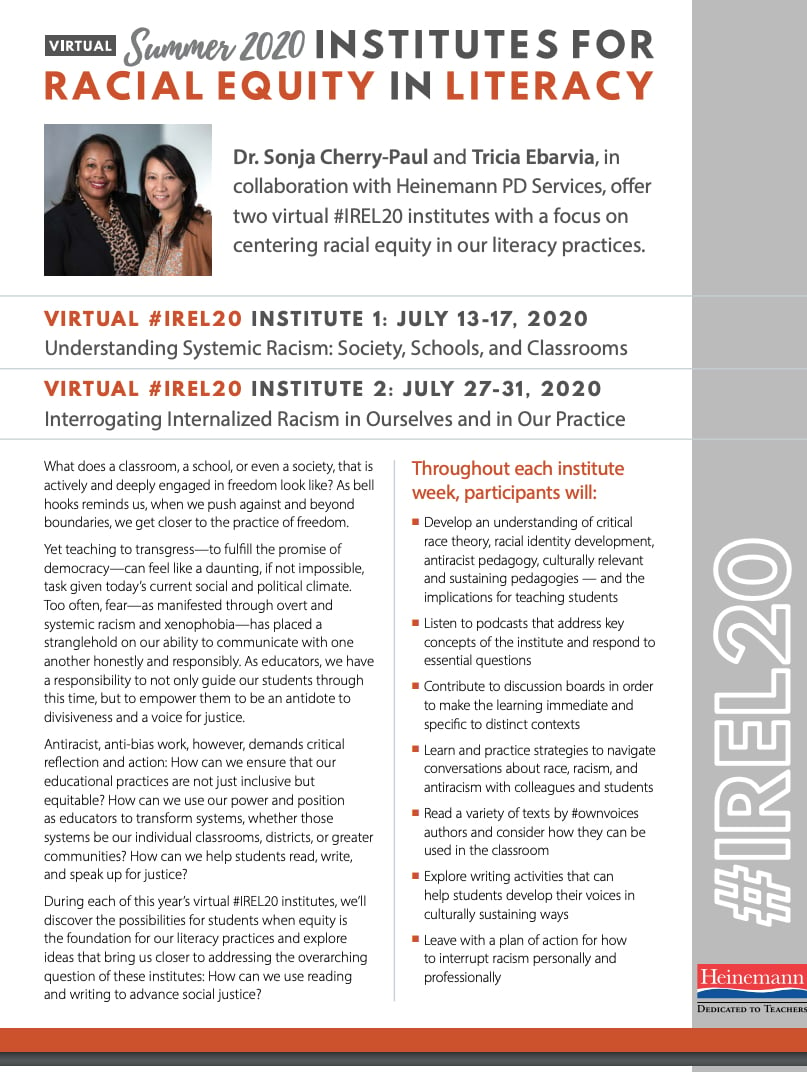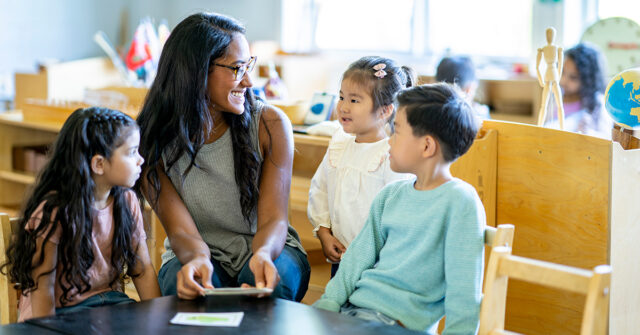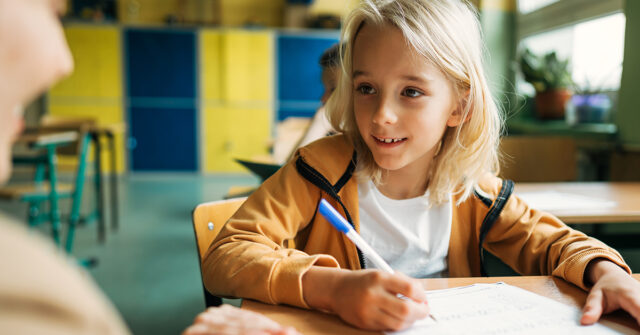 Tricia Ebarvia has spent the last 19 years as a classroom educator with a student-driven approach to teaching reading and writing. Through her career, Tricia has applied the philosophy of the teacher-as-researcher while applying best practices to “cultivate independent learners” through independent reading and student choice. “For better or worse, “well enough” doesn’t satisfy me. I approach each school year, each course, each unit with fresh eyes.” Tricia is an english teacher and department chair at Conestoga High School in Berwyn, PA. Tricia is a Heinemann Fellow from the 2016-2018 cohort.
Tricia Ebarvia has spent the last 19 years as a classroom educator with a student-driven approach to teaching reading and writing. Through her career, Tricia has applied the philosophy of the teacher-as-researcher while applying best practices to “cultivate independent learners” through independent reading and student choice. “For better or worse, “well enough” doesn’t satisfy me. I approach each school year, each course, each unit with fresh eyes.” Tricia is an english teacher and department chair at Conestoga High School in Berwyn, PA. Tricia is a Heinemann Fellow from the 2016-2018 cohort.
To learn more visit triciaebarvia.org or follow Tricia on Twitter @triciaebarvia





